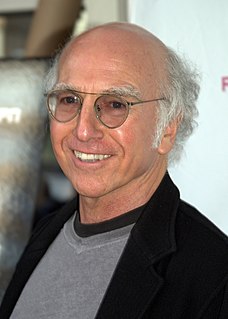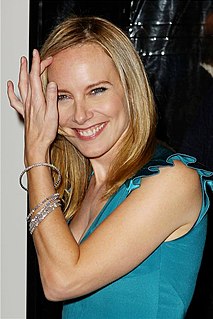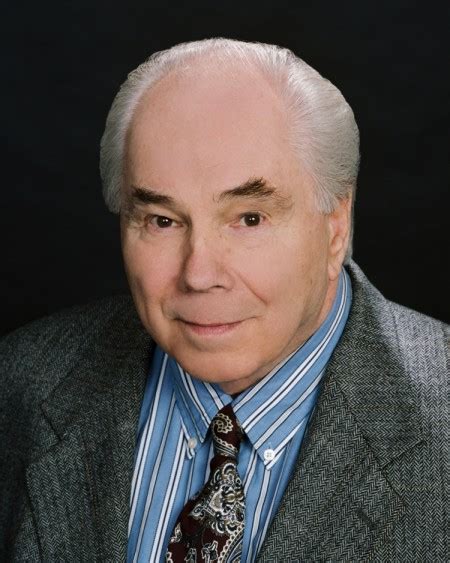A Quote by Gene Wolfe
Ambiguity is necessary in some of my stories, not in all. In those, it certainly contributes to the richness of the story. I doubt that thematic closure is never attainable.
Related Quotes
I've never really found inspiration for story ideas in the news, but I'd say it certainly affects our lives in so many ways. I would say that certainly the stories of the day appear in the work - I just have never gone so far as to say, well, this particular event could influence a plot of an entire book.
Stories? We all spend our lives telling them, about this, about that, about people … But some? Some stories are so good we wish they’d never end. They’re so gripping that we’ll go without sleep just to see a little bit more. Some stories bring us laughter and sometimes they bring us tears … but isn’t that what a great story does? Makes you feel? Stories that are so powerful … they really are with us forever.
I was actually fortunate that I never had to have any other job than being an actor. I don't have those odd stories of having to make some money here or there, but certainly there are some credits on my résumé I wish I hadn't done. It paid my health insurance, and I say that just from a creative standpoint, shows I'm not that proud of, things like that.
In any case, once you're dealing on a nonverbal level, ambiguity is unavoidable. But it's the ambiguity of all art, of a fine piece of music or a painting - you don't need written instructions by the composer or painter accompanying such works to 'explain' them. “Explaining” them contributes nothing but a superficial 'cultural' value which has no value except for critics and teachers who have to earn a living.
The literary story is a story that deals with the complicated human heart with an honest tolerance for the ambiguity in which we live. No good guys, no bad guys, just guys: that is, people bearing up in the crucible of their days and certainly not always - if ever - capable of articulating their condition.
Yet again, an ancient answer echoes across the centuries: Listen! Listen to stories! For what stories do, above all else, is hold up a mirror so that we can see ourselves. Stories are mirrors of human be-ing, reflecting back our very essence. In a story, we come to know precisely the both/and, mixed-upped-ness of our very being. In the mirror of another's story, we can discover our tragedy and our comedy-and therefore our very human-ness, the ambiguity and incongruity, that lie at the core of the human condition.
The telling of stories, like singing and praying, would seem to be an almost ceremonial act, an ancient and necessary mode of speech that tends the earthly rootedness of human language. For narrated events always happen somewhere. And for an oral culture, that location is never merely incidental to those occurrences. The events belong, as it were, to the place, and to tell the story of those events is to let the place itself speak through the telling.







































